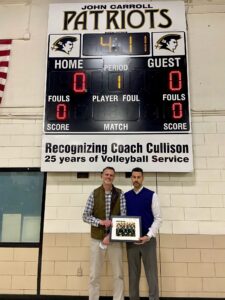By Gina Mayfield
On an unseasonably warm evening in rural Maryland, Joe Greco hosted a small cookout for his son Joey’s friend Alex and his dad, John. After dinner, all four guys played a little basketball in preparation for upcoming high school tryouts before the boys headed inside.
Joe and John remained outside, just standing around talking about sports and life, when John said, “You know, I’m starting to feel … .” Those were his last words before he collapsed, and Joe caught him midway down to the concrete floor of the garage.
“Initially, I thought he was having a seizure,” Joe says. “He’s breathing very heavily, his eyes are rolling back in his head and he was convulsing a little bit. Then, all of sudden, he stops breathing.” At that point, Joe ran inside where he instructed his son to call 911 and John’s son to run down the 400-foot driveway to wave in first responders.

Joe started administering CPR – chest compressions and mouth to mouth breathing. John would take a few breaths, then stop breathing again. Joe continued CPR, only stopping to clear vomit from John’s mouth.
Soon enough, Joey ran into the garage with a 911 dispatcher on the line. “She was coaching me, helping me with the timing, she was really just a nice support and comfort,” Joe says. Eventually, she asked him just to focus on chest compressions, but nothing seemed to help.
About that time a local volunteer fireman who had heard the 911 call on the scanner appeared in the garage. “He told me to keep doing what I was doing,” Joe says. About 10-15 minutes after the 911 call went out, EMTs arrived on the scene and shocked John with the defibrillator. Still, not much of a response.
“I remember holding my son’s hand, holding Alex’s hand, in my garage – the three of us saying prayers and yelling to John to fight, to work, to give him encouragement to stay with us,” Joe says. Paramedics used the defibrillator one more time and got a pulse, then quickly transported John to a local hospital with Joe and Alex right behind them.
John’s wife, Dawn, and other family members met them there. Joe returned home and got a call from Dawn around 10 p.m. to let him know that John was in a medically induced coma and they weren’t really sure what his outcome would be. If he didn’t come to within the next three days, they would have some difficult decisions to make.
The next morning, Joe got another phone call. On the other end of the line was Dawn, who said, “There’s someone here who wants to talk to you … .” It was John. The first thing he said was, “Did the old guys beat the young guys in basketball?” He had fought through that coma with his sense of humor still intact.
“The crazy thing is that none of the doctors are quite sure why John had a heart attack,” Joe says. “He’s in very good shape, takes care of himself. He’s an athlete, eats well, he’s not overweight, has no previous history of heart problems. Other than a defibrillator that’s been implanted in his shoulder, they basically told John to go live his normal lifestyle.”
Looking back, Joe says John’s not the only fortunate one. “The company I work for provides first aid and CPR training every two years,” he says. “We’re just very blessed that we had the outcome that we did, because if we didn’t, I know I would have been impacted greatly. One of the things that kept going through my head the whole time was that I wasn’t going to let those two boys witness something tragic. I was giving John everything I had. It was the scariest situation I’ve ever been in my life, but without the training, it would have been worse. I can’t imagine being there, not being able to do anything and feeling helpless, not being able to offer aid to someone who obviously needed it.”
Eventually, things settled down and life got back to normal. After a few phone calls, Joe and John had an emotional reunion while they waited outside during their sons’ basketball tryouts. Both boys made the team, and before a game the coach gave Joe a signed photo of the squad during a presentation to honor his heroic efforts. Of course, he insisted on John and the boys being included too.
“If it wasn’t for that training, if it wasn’t for the teamwork between the two boys helping me, the 911 operator coaching me, the great work that the local EMS team and the doctors at the hospital did, John wouldn’t be with us, and his family would be in a much different position,” Joe says. “I’m incredibly grateful that when a friend needed help, I was able to help him.”
WATCH this story featured by American Heart Association Baltimore & Greater Maryland.
Would you be able to step up if someone around you went into cardiac arrest? Learn to save a life and join the Nation of LifesaversTM by visiting Heart.org/Nation.
